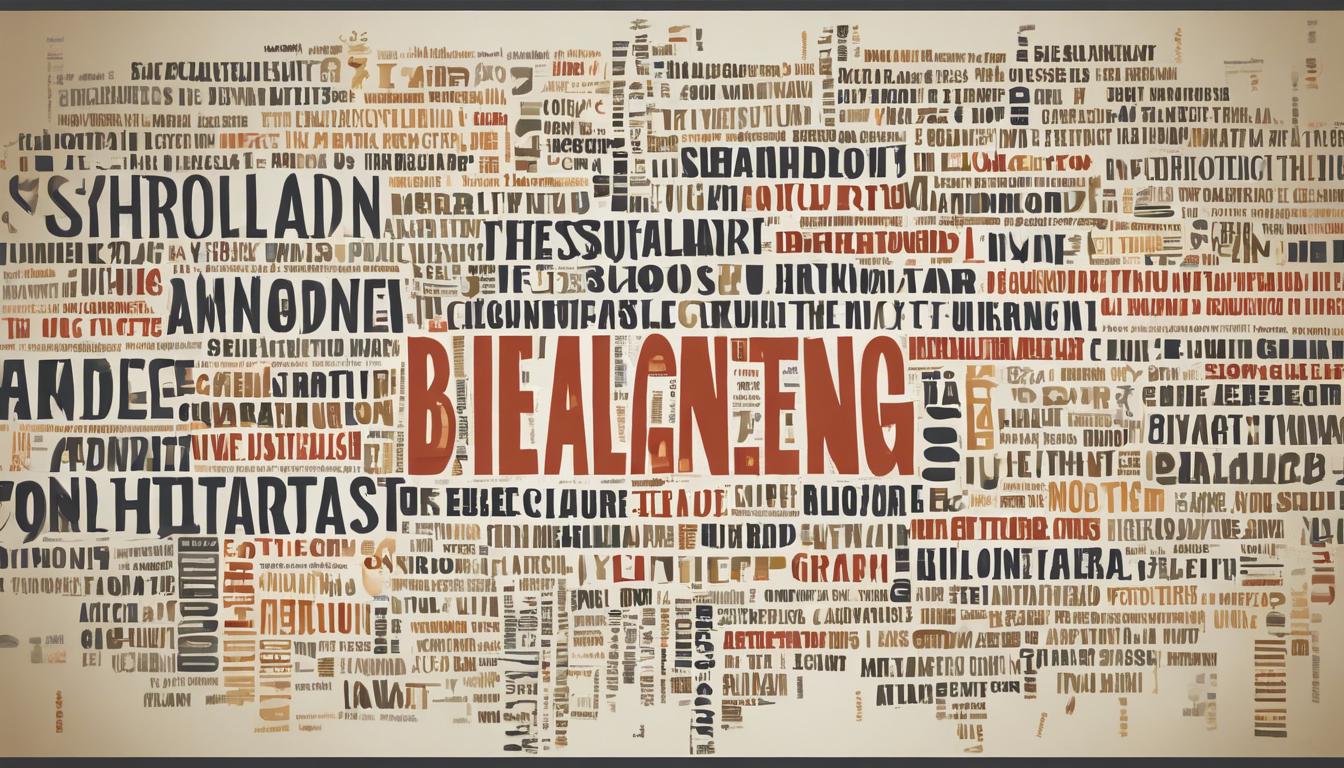The New York Times has launched a legal battle against Wirdle, a Shetland dialect version of the popular word game Wordle, sparking a debate on copyright, cultural diversity, and the future of online games.
A dispute has emerged surrounding alternative versions of the popular word game Wordle, specifically a Shetland dialect version named Wirdle, following legal challenges by The New York Times (NYT), the owner of Wordle. The controversy began when Wirdle, an offshoot aiming to promote the Shetland dialect by engaging users in guessing five-letter words in the vernacular, was forced to cease operations due to a legal notice from the NYT. This action was part of the NYT’s broader measures against what it perceives as copyright and trademark infringements by numerous Wordle iterations that have emerged online.
Wirdle, which had attracted a global user base of over 20,000 players from 113 countries, was developed by a team including linguistics professor Viveka Velupillai. Velupillai criticized the NYT’s actions as “utterly ridiculous” and defended the creation of games in different languages, arguing these versions do not infringe but rather complement and enhance the original Wordle’s appeal by incorporating cultural diversity and inclusivity.
The NYT, however, has defended its legal stance, stating the necessity to protect its intellectual property and distinguish between permissible word games and those that unlawvely mimic Wordle’s copyrighted gameplay and trademark. The friction has spotlighted the challenges and the dialogue concerning intellectual property rights in the digital era, especially regarding adaptations of popular games into different languages and cultural contexts. This case not only highlights the legal complexities but also the debates on creativity, cultural expression, and property rights in the online gaming sphere.













